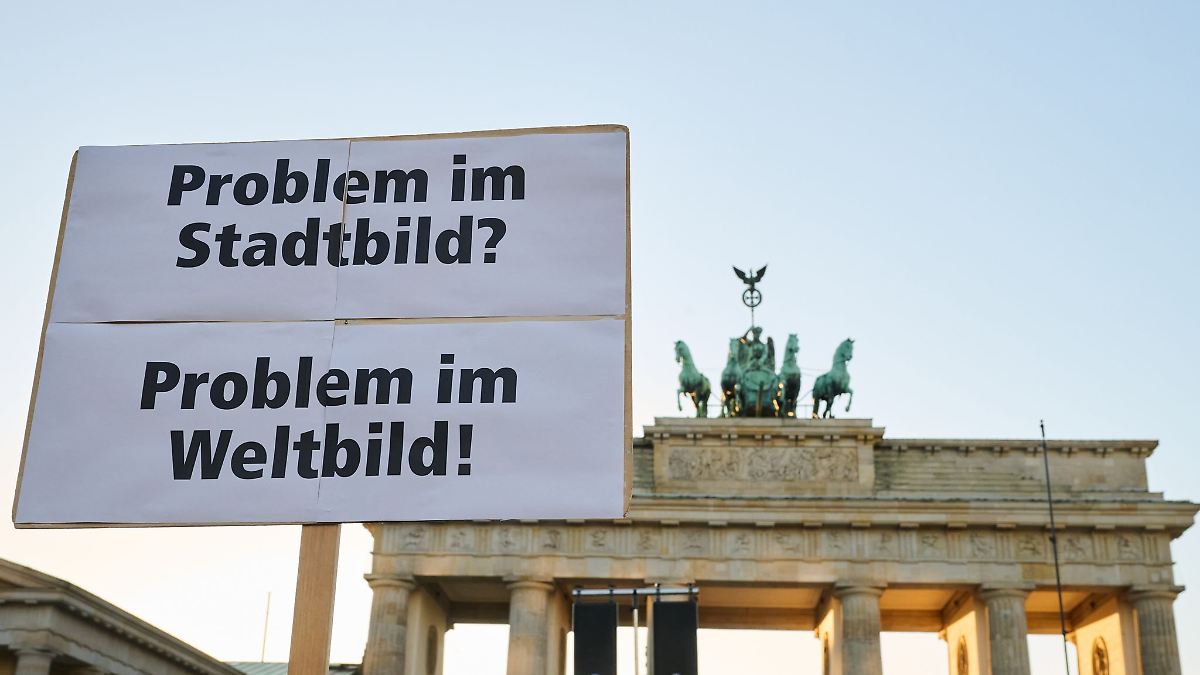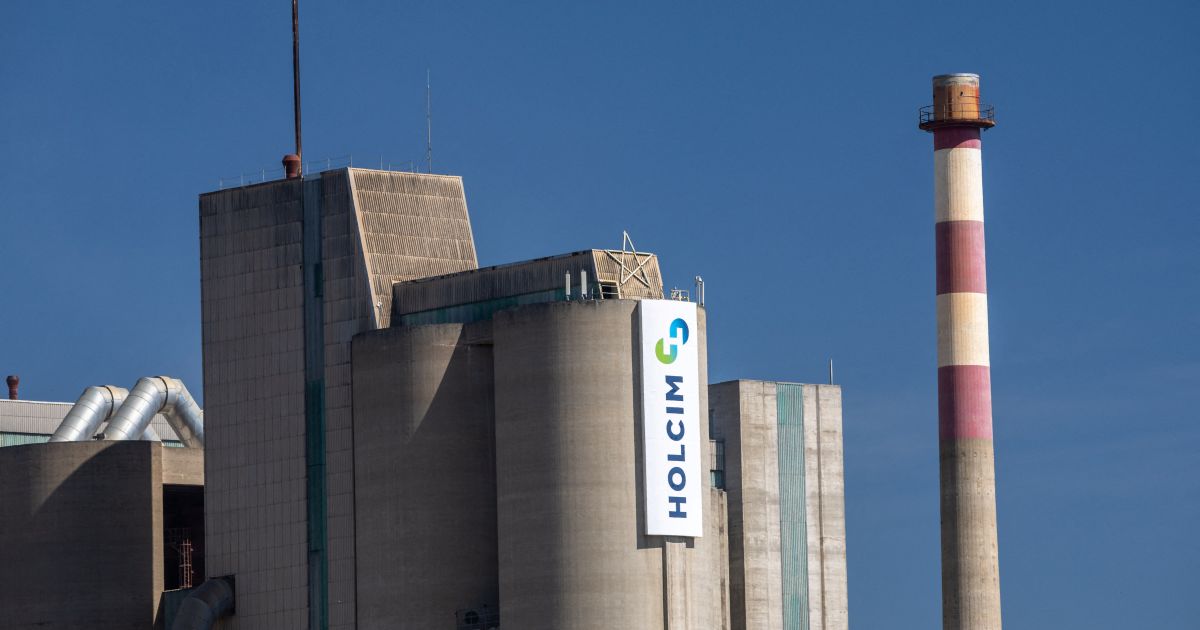
Germany's economy is slowly emerging from its prolonged weakness phase, according to leading economic research institutes, though the recovery remains fragile and dependent on government stimulus. The institutes project that the German economy will gradually regain momentum in the coming years, primarily driven by state-backed billion-euro investments aimed at upgrading the country's partially dilapidated infrastructure. However, economists caution that the economy continues to stand on "shaky ground," as noted by Geraldine Dany-Knedlik, business cycle expert at the German Institute for Economic Research in Berlin.
For the current year, the institutes expect only minimal growth of 0.2 percent in gross domestic product (GDP), a slight improvement from the 0.1 percent increase forecast in spring. The German economy has been stuck in a prolonged economic slump, with economic output shrinking in the past two years. Several factors continue to hamper recovery, including higher tariffs on EU imports that are slowing trade with the important US market. The German Foreign Trade Association (BGA) has projected a 2.5 percent export decline for 2025.
Key industrial sectors face significant challenges, with both the automotive and steel industries experiencing difficulties. Private consumption in Germany also fails to gain traction, adding to the economic headwinds. The institutes emphasize that without fundamental structural reforms, particularly to the social systems, the current economic dynamism will not be sustainable. They have called on the federal government to implement comprehensive reforms to ensure long-term economic stability.
The research institutes anticipate that the German economy will leave the trough behind and gradually regain some dynamism over the next two years. For 2026, they maintain their spring forecast of 1.3 percent GDP growth, followed by 1.4 percent growth projected for 2027. This expected recovery is largely attributed to "expansionary fiscal policy," referring to the 500 billion euro special fund financed through debt that is expected to boost the economy. While the outlook shows improvement, economists stress that sustained growth will require addressing underlying structural issues beyond short-term stimulus measures.



